“The European left intends to manipulate the basic treaties of the EU integration for its own political goals: they intend to put an end to unanimity in the European Council. Currently, full unanimity is required in the Council for affairs concerning common foreign and security policy as well as EU finances, tax-related legalities and other fields. Now, the German coalition government is most committed to dismantling this. According to them, the European Union must take united action to effectively address international challenges – thus, foreign policy decisions should not be unanimous decisions, but based on a qualified majority,” explained Ernő Schaller-Baross.
He added that, according to the proposal, the so-called Article 7 procedure could be launched with support from a fifth of the Member States. In other words, only a simple majority would be necessary to start the procedure – instead of a unanimous vote, a qualified majority would be enough to “condemn” a state.
“As of now, such proceedings are pending against Hungary and Poland, and left-wing European parties believe that this has not been voted upon yet in the Council because Hungary and Poland would just veto it for each other,”
– explained the MEP. He believes this all shows that the EP intends to adjust means to meet their political goals; in other words, putting the horse before the cart.
Sidestepping governments
Ernő Schaller-Baross also pointed out that the initiative would give the European Parliament unrestricted right of initiative, regardless of policy, and extend its budgetary powers.
“The point is here that the EU Member States would no longer have the right of veto while some form of this right would be established for the EP,” he explained.
As he said, all this was done by the left-wing-led EP following the series of conferences on the future of Europe which was their reference for this latest initiative. However, those conferences did not end in consensus at all, rather with a deepened gap between sides. For example, conservative, far-right, and EU-sceptic groups of the European Parliament completely rejected the results of the conferences; certain EPP delegations also opposed the results along with the Fidesz EP delegation. The EP, under the illusion that it is the custodian of the EU’s legitimacy, is trying to forcefully pass the aforementioned proposals, while forgetting the EU’s mandate is in reality, based on the Member States.
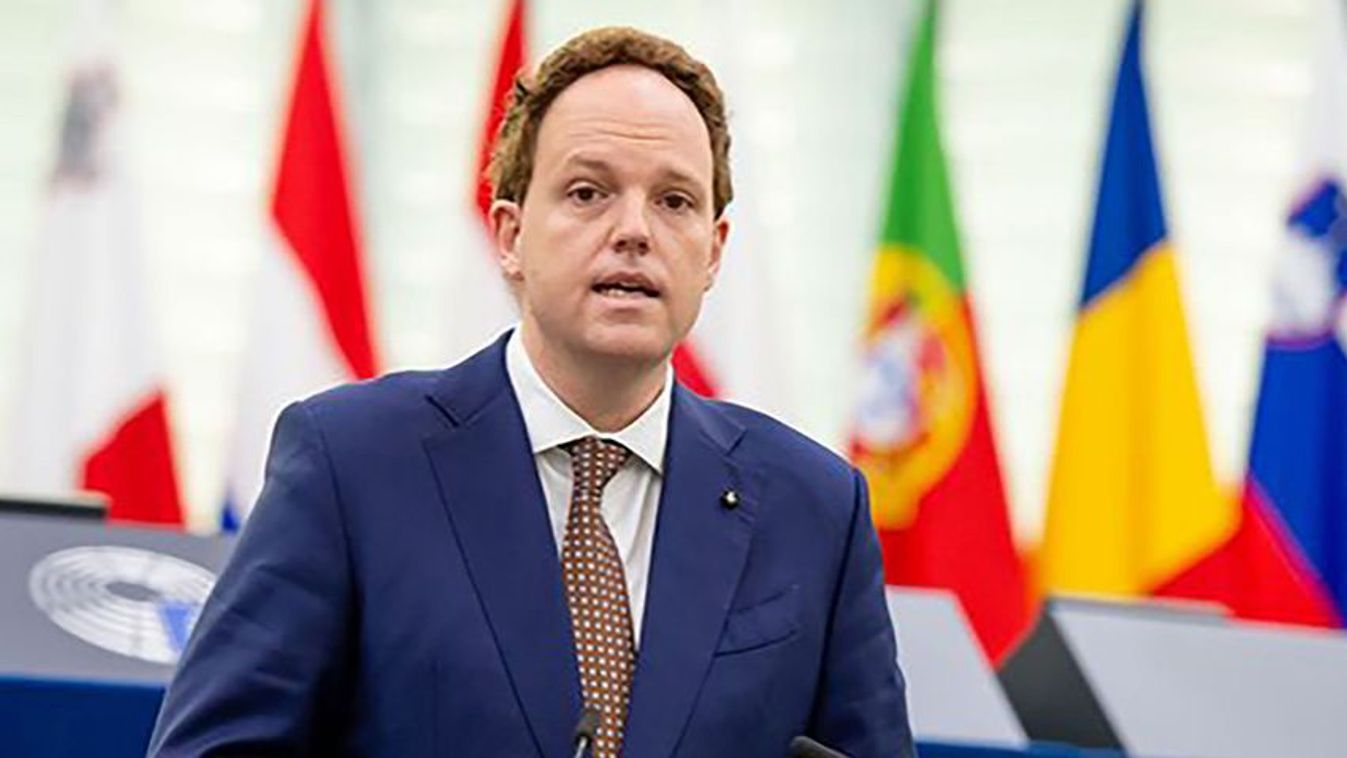

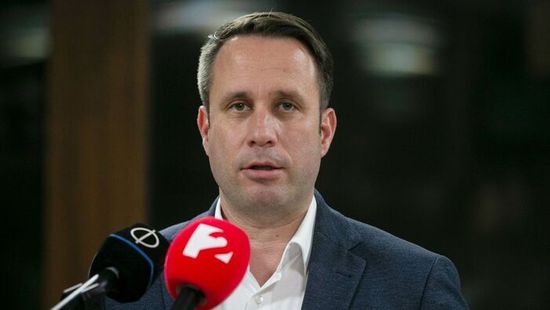
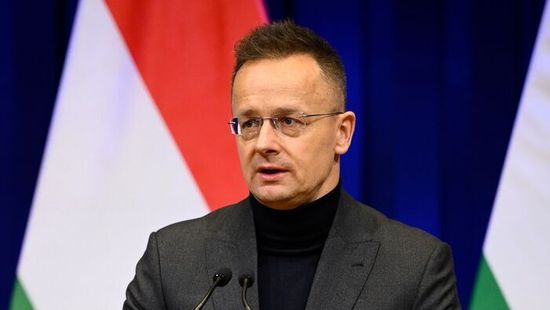



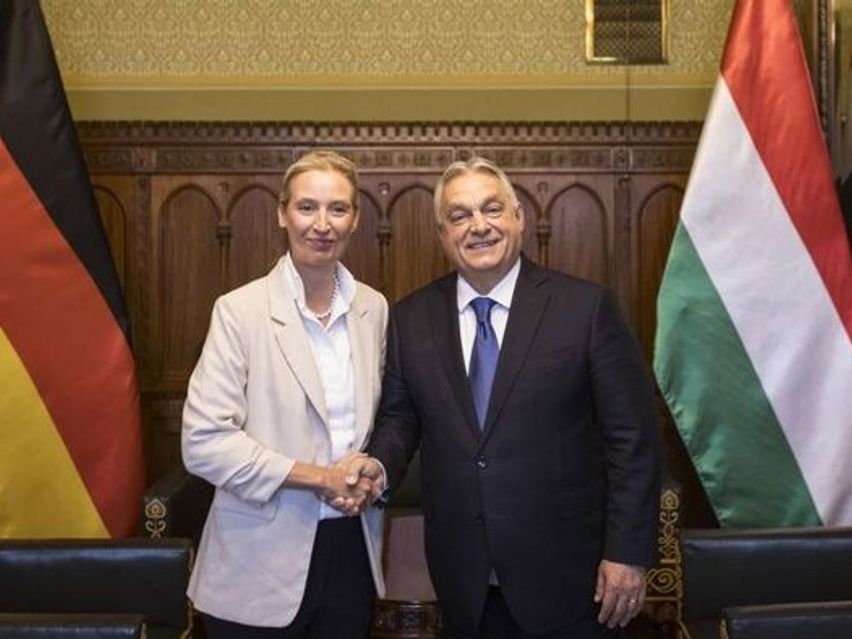
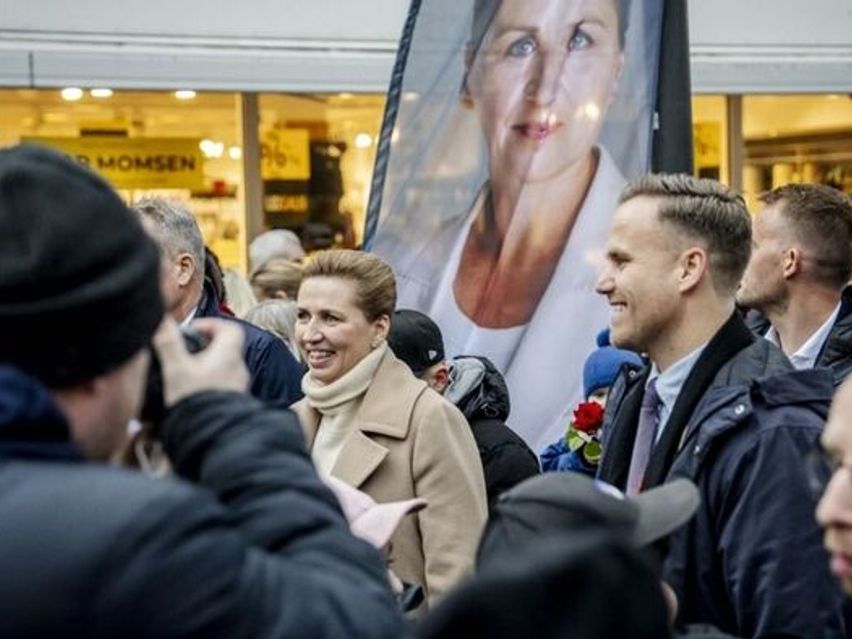





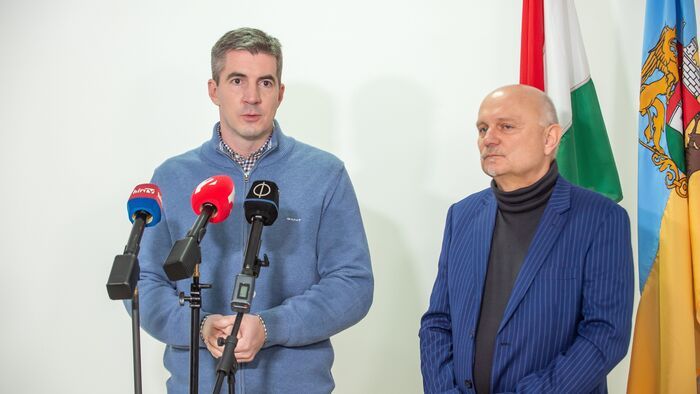






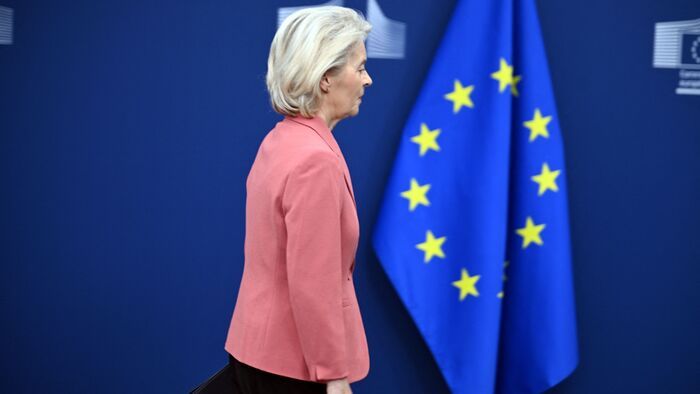

Szóljon hozzá!
Jelenleg csak a hozzászólások egy kis részét látja. Hozzászóláshoz és a további kommentek megtekintéséhez lépjen be, vagy regisztráljon!